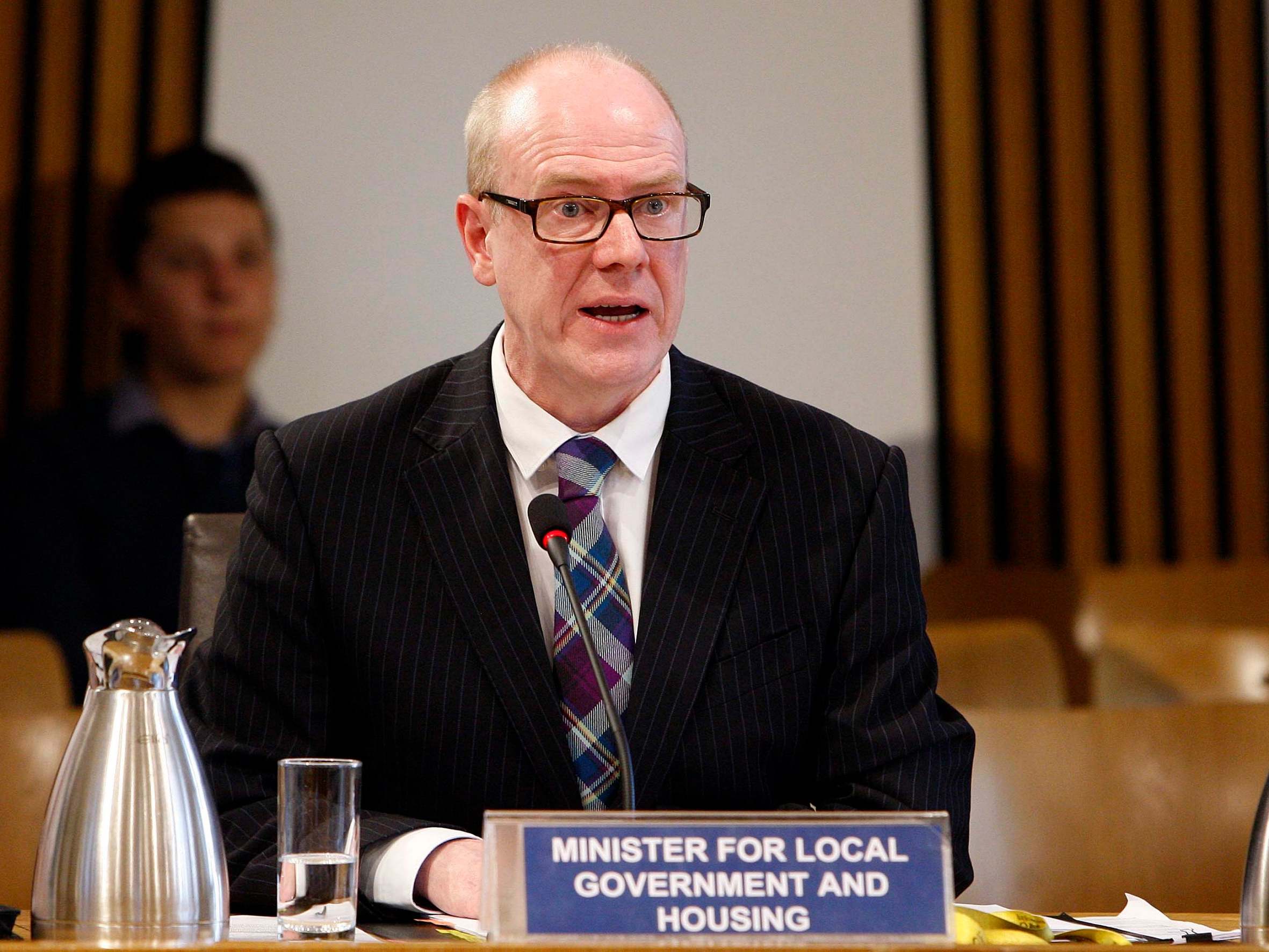Government should suspend restrictions that deny immigrants financial help during pandemic, Scottish ministers say
Holyrood says it has written to the immigration minister multiple times to no response

Your support helps us to tell the story
From reproductive rights to climate change to Big Tech, The Independent is on the ground when the story is developing. Whether it's investigating the financials of Elon Musk's pro-Trump PAC or producing our latest documentary, 'The A Word', which shines a light on the American women fighting for reproductive rights, we know how important it is to parse out the facts from the messaging.
At such a critical moment in US history, we need reporters on the ground. Your donation allows us to keep sending journalists to speak to both sides of the story.
The Independent is trusted by Americans across the entire political spectrum. And unlike many other quality news outlets, we choose not to lock Americans out of our reporting and analysis with paywalls. We believe quality journalism should be available to everyone, paid for by those who can afford it.
Your support makes all the difference.Scottish ministers are calling on Westminster to “do the right thing” and suspend restrictions that deny some immigrants to the UK financial help.
The Scottish government is calling on the Home Office to end “harmful” no recourse to public funds (NRPF) provisions during the coronavirus crisis.
Immigration laws state currently that someone will have “no recourse to public funds” if they are “subject to immigration control”.
But the Covid-19 pandemic has seen homeless people and those staying in night shelters moved to hotels and other more suitable accommodation – with the Scottish government, local authorities and others having had to pick up the costs for this.
As well as calling for NRPF provisions to be suspended, the Scottish government is also wanting to recoup those cost.
Ministers have written to Chris Philp, the UK immigration minister, on a number of occasions after spending, with local government and the third sector, a total of £600,000 on accommodation – and a further £275,000 on basic living costs.
But the Scottish government said it was still to receive a response.
Kevin Stewart, Scotland’s housing minister, said: “The Scottish government is not prepared to abandon some of the most vulnerable in our society at a time when they need our help the most.
“The economic impacts of the pandemic are pushing thousands of people further into poverty and hindering their work opportunities. However, thanks to a rapid and coordinated response in Scotland, we have been able to accommodate people who would otherwise be facing destitution, so that they can protect themselves and others during the Covid-19 crisis.
“As a result, many of those restricted by the UK government’s harmful NRPF policy who were previously sleeping rough or in unsuitable night shelters are now being supported in hotels and other self-contained accommodation.
“But the Scottish government, local authorities and third sector have had to pick up the tab, without additional support from the UK government.
“So I am again asking that the UK government do the right thing and immediately lift the restrictions of NRPF for the duration of the coronavirus crisis on public health grounds. Furthermore, the money spent just to ensure that everyone in our society is treated fairly and equitably must be repaid.”
A government spokesperson said: “We have been very clear that nobody should find themselves destitute during this crisis due to circumstances beyond their control.
“Extensive action to support those with no recourse to public funds has been taken, such as rent protections, the job retention scheme, the self-employed income support scheme, allocating more than £3.2bn to local authorities and £750m for charities to support the most vulnerable.”
PA
Join our commenting forum
Join thought-provoking conversations, follow other Independent readers and see their replies
Comments